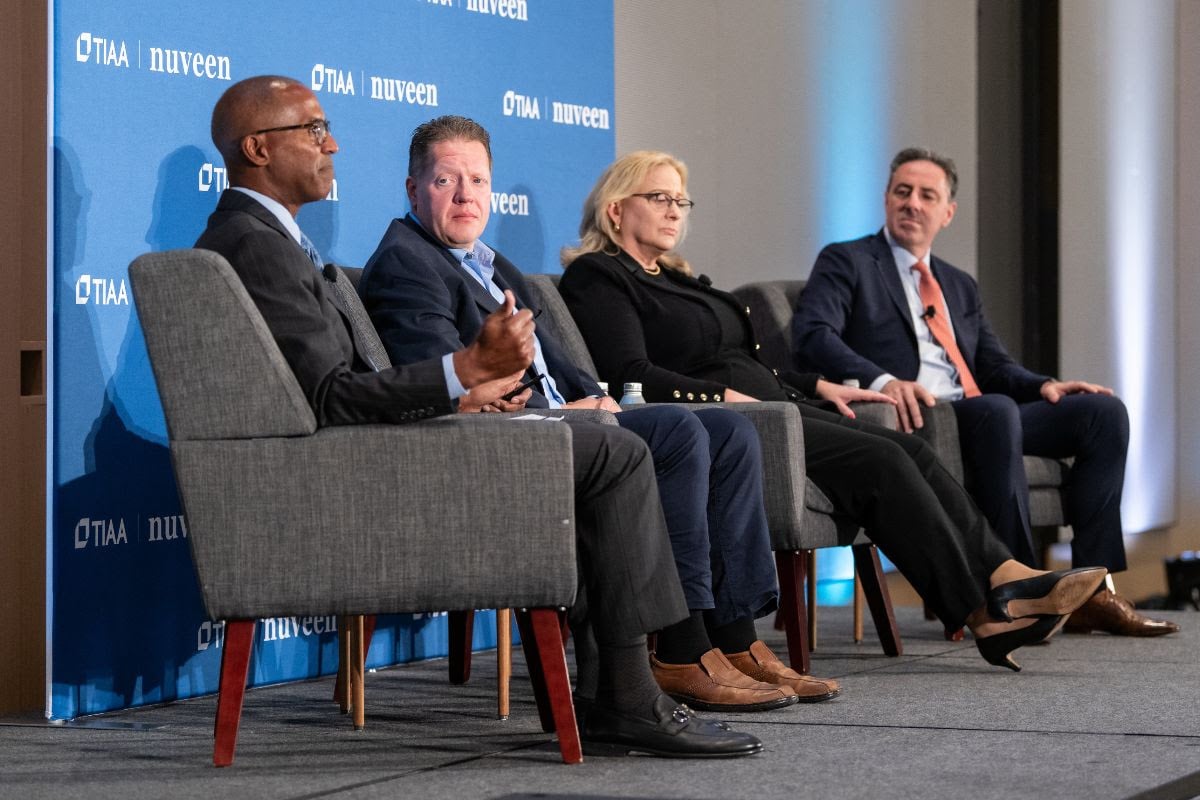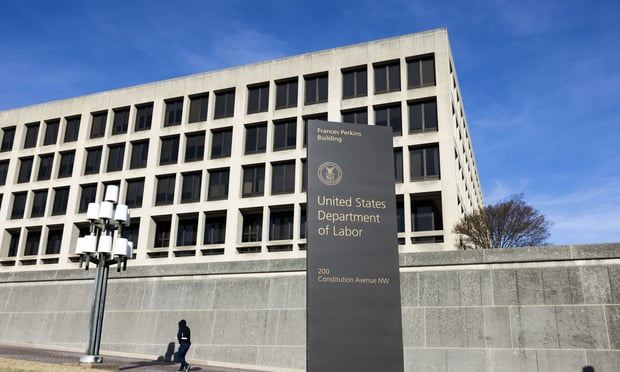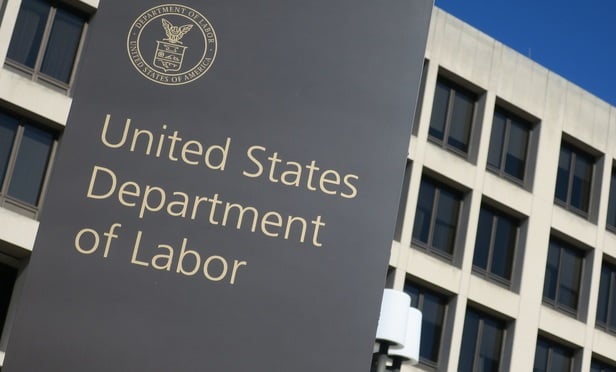About The Author
CONNECT WITH THIS AUTHOR
January 10, 2024
January 09, 2024
January 03, 2024
December 21, 2023
December 11, 2023
December 07, 2023
November 29, 2023
November 21, 2023
November 17, 2023
November 16, 2023
Trending Stories
- 1Best Practices: Maximizing the Impact of Condition Management Vendors
- 2Senate Finance tax bill section draft leaves out House HSA and HRA provisions
- 3Nearly two-thirds of employers plan to reallocate benefits spending amid rising costs
- 4Senate lawmakers cut House retirement benefits in One Big Beautiful Bill: What’s in, what’s out
- 5Former NVIDIA fraud prevention manager accused of defrauding the chipmaker's health plan










